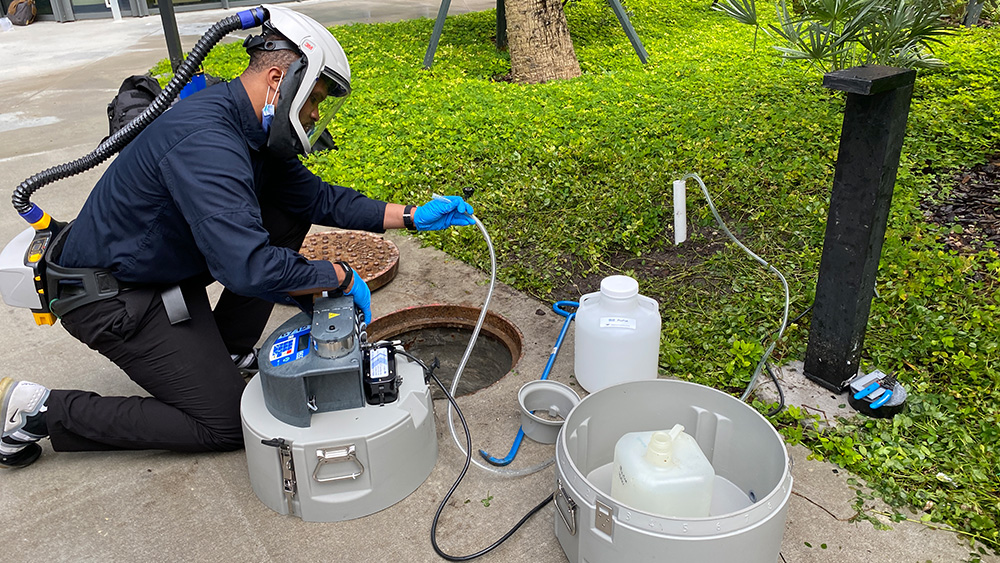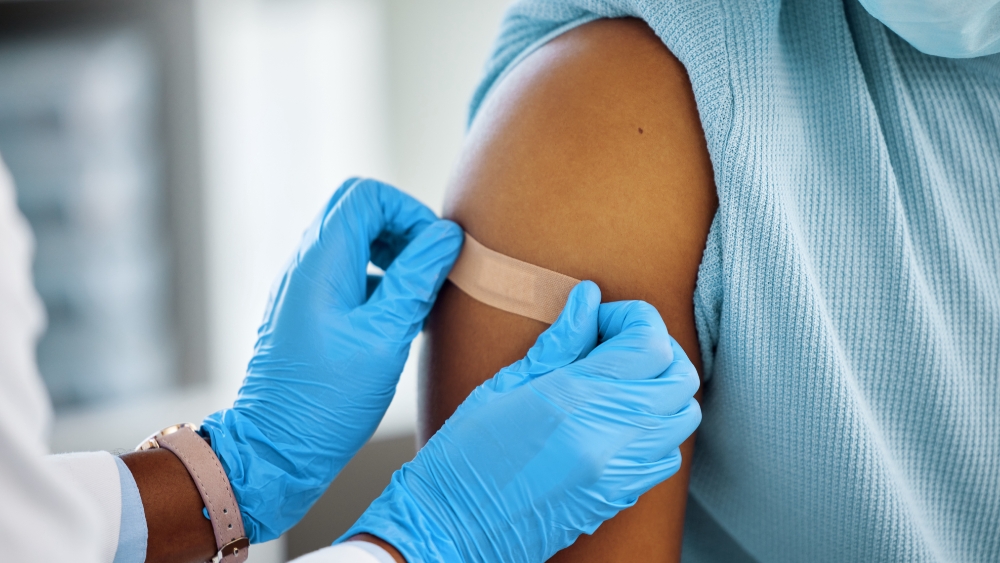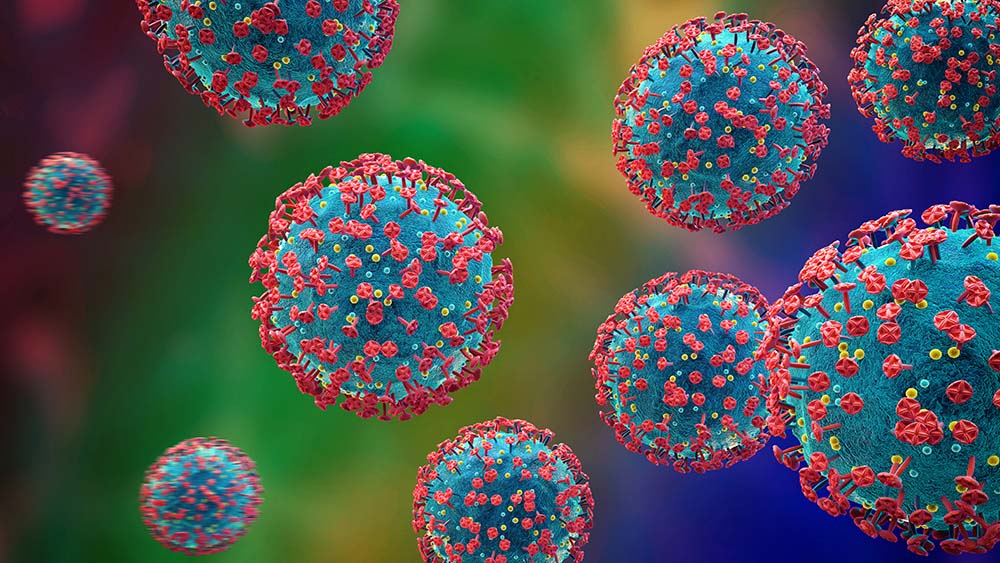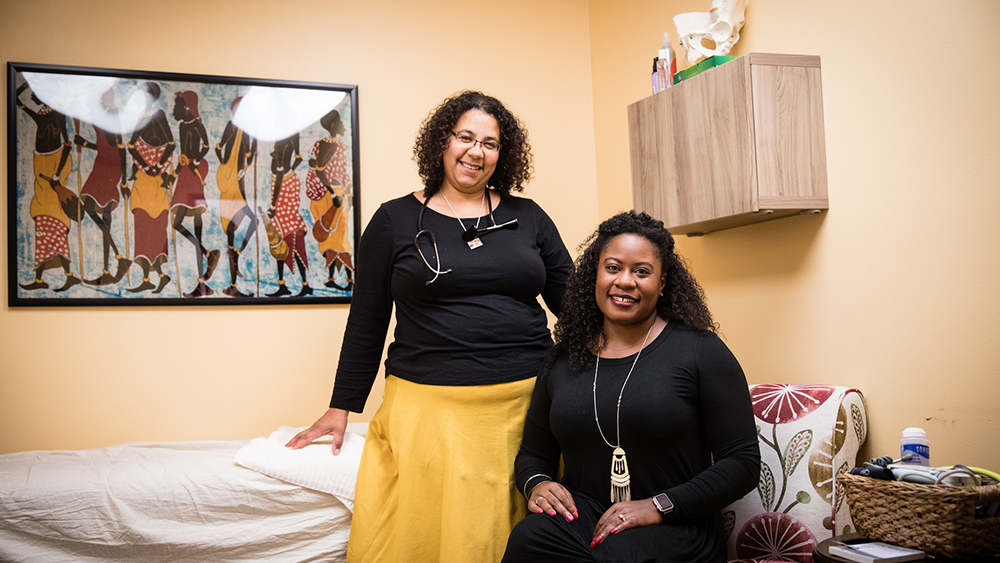This data covers fiscal years (FY) 2021 and 2022 funding to support COVID-19 research based on grants, contracts, and other funding mechanisms used across NIH. The amounts listed for FY 2021 and 2022 funding may not reflect all NIH COVID-19 funding, as Institutes, Centers, and Offices also supported COVID-19 research through their own appropriations. Data for FY 2023 is not yet final and is not reported here.
While the majority of coronavirus research funding in 2021 went toward COVID-19 per specific appropriations, valuable research continued into serious and fatal illnesses caused by other coronaviruses, such as Middle East respiratory syndrome (MERS) and severe acute respiratory syndrome (SARS).
These research categories are not mutually exclusive. Research projects can be included in multiple research, condition, and disease categories, so funding amounts do not add up to 100% of NIH-funded research. NIH received a total of $4.8374 billion in supplemental funding to support COVID-19 research in 2020. Data from FY 2020 was not divided into these research categories and is not reported here.
Research Funding Sources
NIH has received almost $5.82 billion to date to fund important COVID-19 research. More than $940 million of the funding NIH awarded came from the Coronavirus Aid, Relief, and Economic Security (CARES) Act in March 2020. Additional supplemental funding has come from the U.S. Congress.
Diagnostics and Prognostics
Total 2021 Funding Amount
Total Number of Funded Projects: 239
Total 2022 Funding Amount
Total Number of Funded Projects: 128
The detection of coronavirus infections is critical to preventing the spread of disease and providing timely treatment to those who become ill. Testing must be accurate, quickly distributed, and easily available to those who need it most.
NIH has invested hundreds of millions of dollars into the development of testing technology and strategies to increase access, acceptance, and uptake of COVID-19 testing in vulnerable communities. These advances pave the way for greater efficacy and efficiency when faced with future coronavirus outbreaks.
Examples of funding:
- NIH-funded COVID-19 home test is first to receive over-the-counter authorization from FDA
- NIH-funded testing initiative aims to safely return children to in-person school
- NIH launches Home Test to Treat, a pilot COVID-19 telehealth program

Tracking COVID-19 Through Wastewater
Vaccines
Total 2021 Funding Amount
Total Number of Funded Projects: 277
Total 2022 Funding Amount
Total Number of Funded Projects: 284
Infection prevention is the cornerstone of any plan to lessen the effects of a coronavirus outbreak. Research supported by NIH led to the creation and distribution of effective vaccines, which helped society return to normal more quickly and remain an important measure to prevent severe disease and loss of life.
To reach that point, further research on the basic science of coronaviruses like SARS-CoV-2 is required. NIH-supported research has paved the way for both effective COVID-19 vaccines and potential vaccines against other diseases, including influenza, malaria, HIV, and other coronaviruses like MERS.
Examples of funding:
- Phase 3 Trial of Novavax Investigational COVID-19 Vaccine Opens
- Mix-and-match trial finds additional dose of COVID-19 vaccine safe, immunogenic
- NIH Begins Study of COVID-19 Vaccination During Pregnancy and Postpartum

mRNA Vaccine Technology: A Promising Idea for Fighting HIV
mRNA vaccines developed with support from NIH have prevented millions of deaths from COVID-19 and millions more from severe disease. Researchers are using this technology to develop experimental HIV mRNA vaccines.
Therapeutics and Interventions
Total 2021 Funding Amount
Total Number of Funded Projects: 367
Total 2022 Funding Amount
Total Number of Funded Projects: 354
People with coronavirus infections may experience a variety of symptoms of different severities. Researchers are still learning about the toll COVID-19 and other coronaviruses take on the body, as well as ways to shorten the course of infection and make symptoms less severe.
NIH has dedicated significant resources to support and conduct research on many kinds of treatments for coronavirus infections, including antivirals that slow or stop the virus from replicating, drugs that calm the body’s immune response, antibodies that lessen illness severity, over-the-counter medications, and the off-label use of existing drugs.
Examples of funding:

Antiviral Treatment Reduces Likelihood of Severe Illness from Omicron
Researchers have found that Paxlovid (nirmatrelvir and ritonavir) is effective at preventing severe COVID-19 resulting from infection by the Omicron variant of SARS-CoV-2.
Disparities and At-Risk Populations
Total 2021 Funding Amount
Total Number of Funded Projects: 824
Total 2022 Funding Amount
Total Number of Funded Projects: 770
The COVID-19 pandemic has laid bare the systemic barriers that many Americans face when they seek out testing, treatment, and vaccination programs. It is our responsibility to ensure that every American can get the care they need during all current and future coronavirus outbreaks.
NIH is committed to finding ways to overcome these barriers. Research is underway to find effective, community-informed approaches to distribute testing materials, provide timely care to those who may not otherwise be able to access it, and encourage widespread participation in vaccination programs.
Examples of funding:
- Community-Academic Partnerships to Address COVID-19 Inequities within African American Communities
- NCI study highlights pandemic's disproportionate impact on Black, American Indian/Alaska Native, and Latino adults
- Knowledge and Behaviors of Adults with Underlying Health Conditions During the Onset of the COVID-19 U.S. Outbreak

How COVID-19 and Community Violence Affect Mothers and Babies
A study in Minneapolis supported by the Eunice Kennedy Shriver National Institute of Child Health and Human Development is examining how police violence — one form of structural racism — and COVID-19 have affected the health of Black mothers and babies during the pandemic.
 An official website of the United States government
An official website of the United States government




